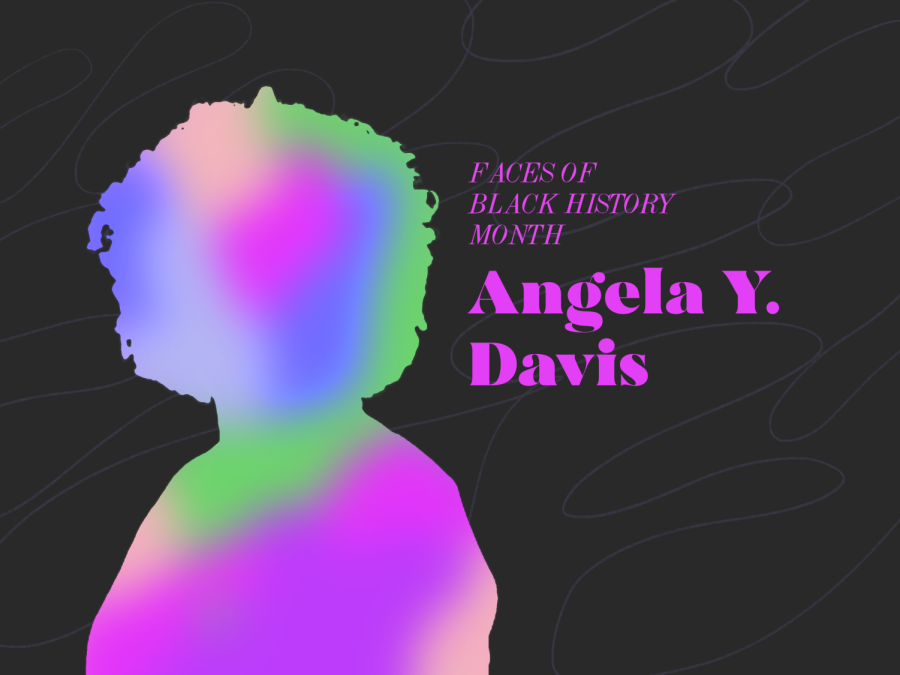Featuring the voices of change
Carrying Angela Davis’ critiques on systemic racism and hopes of reform
Angela Davis is a prominent Black intellectual and activist who has been part of and influenced many movements. Staff writer Nanditha features her as a “model and figure to celebrate during and beyond Black History Month.” She has written various books for young generations wanting to educate themselves on the implications of race.
February 9, 2022
We have to talk about liberating minds as well as liberating society.
In the wake of renewed discussion on policing and the systemic ways in which racism shows up in communities, Angela Davis’ relevance seems more pronounced. An intellectual academic and an assertive civil rights activist, adding to that her signature Afro and style, Davis, was a sensation in the 1970s. Still, young adults now are mostly unaware of her influence.
“I haven’t heard of her, but I do believe in prison reform,” RHHS junior Meg Kalagara said. “Most people suffering in prison don’t deserve to be there, and many don’t get fair trials. Maybe it has to do with race and privilege.”
The circumstances have changed a bit from Davis’ time. Her law reform and advocacy ideas were radical and developed from evolving socialist streams. The current widespread reckoning of prison conditions and prevalent liberal democracy might make some assume she is obsolete. RHHS social studies teacher Frederick Nickens disagrees, and realizes that systems meant to keep certain races down will not change easily no matter how normalized these discussions become.
“We still have a long way to go,” Nickens said. “We still have the prison pipeline, as we call it, where kids get in trouble in school, and instead of rehabilitating them or sending them to diversionary programs, we send them to the prison pipeline. Once you’re down, [the system] keeps you down. It doesn’t allow you to come back up.”
Angela Davis is an example of how successful Black people able to stir change have been targeted. First fired from her UCLA professorship because of a vague and criminalizing radical thought, Davis later became prisoned for crimes, though eventually acquitted, following a strong public protest. Angela Davis was a figure of rebellion and initiative, but she had a visionary population behind her. Davis has cited social media as valuable to educate and widen awareness during the Black Lives Matter movement and has talked about why the young generation should use current assets for the continuing and emerging cause.
“I think [Davis is] misunderstood,” Nickens said. “She was a revolutionary woman who was ahead of her time when she was doing the things she was doing. And I think a lot of women today are benefiting from her struggle.”
Davis has also been a devout feminist without compromising her stance on the politics of race, emphasizing their convergence. She has always advocated reimagining the system instead of playing with or against it and stresses the role Black people and supporters of the cause can play here. As a confident, pioneering Black woman she is easily a model and figure to celebrate during and beyond Black History Month, since the underlying struggle is persistent.
“It is important to talk about institutional racism because it’s a subtle form of racism,” Kalagara said. “So people are able to keep getting away with it.”
Read Davis’ book Freedom is a Constant Struggle to understand where she comes from and how we can still talk about and learn from her today.








